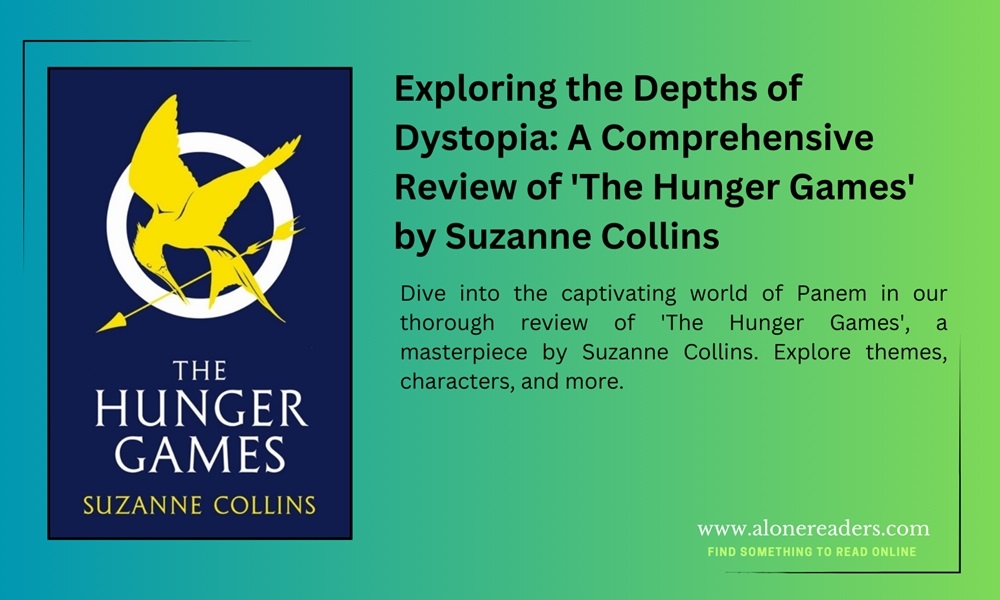
Suzanne Collins' "The Hunger Games" has not only etched its name as a cornerstone of young adult literature but also as a profound commentary on society, power, and survival. This gripping novel transports readers into the dystopian world of Panem, where the Capitol's iron-fisted rule and the stark divisions of wealth and poverty create a harrowing backdrop for a tale of resilience, rebellion, and the human spirit.
At its core, "The Hunger Games" is a startling exploration of the consequences of war and the extremes of human cruelty and bravery. The story revolves around the protagonist, Katniss Everdeen, a teenager from the impoverished District 12. Katniss, a character of profound depth and complexity, embodies both the fragility and the fortitude of the human spirit. Her voluntary decision to participate in the Hunger Games, a brutal televised event where children from the twelve districts are forced to fight to the death, to save her younger sister, sets the stage for a heart-wrenching narrative of sacrifice and survival.
Collins masterfully crafts a world that is as fascinating as it is terrifying. Panem, the post-apocalyptic nation, is a character in its own right, with its opulent Capitol and the impoverished districts, each with its unique identity and struggles. The stark contrast between the Capitol's extravagance and the districts' deprivation is a poignant commentary on inequality and power dynamics, themes that resonate deeply in our current social and political climate.
The Hunger Games themselves serve as a chilling metaphor for the extremes to which authoritarian governments will go to maintain control and suppress dissent. The Games are not just a fight for survival but also a psychological warfare, where the tributes must grapple with the moral implications of their actions and the haunting realization that their lives are mere entertainment for the Capitol's citizens.
Collins' narrative is unflinching in its portrayal of violence and its psychological impact on the young tributes. Yet, amidst the brutality, there are profound moments of humanity, friendship, and solidarity that shine through. The relationships that Katniss forms, particularly with Peeta Mellark and Rue, are deeply moving and add layers of complexity to her character and the story as a whole.
Moreover, "The Hunger Games" is a powerful exploration of themes like survival, sacrifice, and the human cost of entertainment. The novel provokes thought about our own society's fascination with reality television and the ethical boundaries of entertainment. Collins does not shy away from asking difficult questions about human nature and the society we live in.
The narrative style of the book, written in the first person from Katniss's perspective, creates an intimate connection with the reader. Her internal struggles, fears, and hopes are palpable, making her journey all the more engaging and real. Collins' prose is clear and concise, yet rich in imagery and emotion, making the book accessible to a wide range of readers.
In conclusion, "The Hunger Games" by Suzanne Collins is a compelling, thought-provoking novel that delves deep into the human psyche and societal issues. It's a blend of thrilling adventure, emotional depth, and critical social commentary that resonates with readers long after they turn the last page. Whether you're a young adult or just young at heart, this book is a must-read, offering a window into a world that, while dystopian, reflects many of the challenges and moral dilemmas we face in our own world. Collins has not just written a book; she has crafted a mirror that forces us to look at the darker aspects of our society and ourselves.